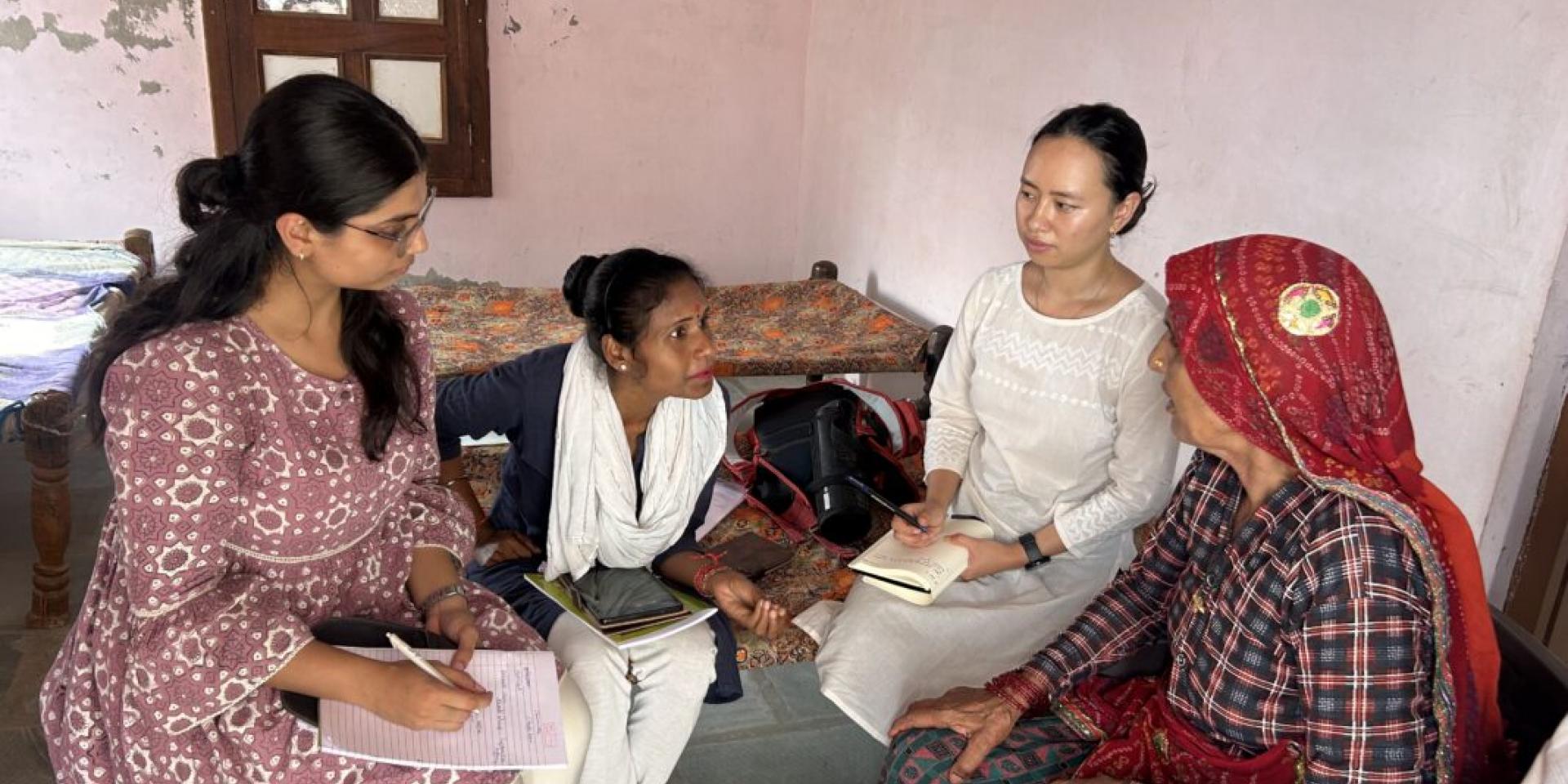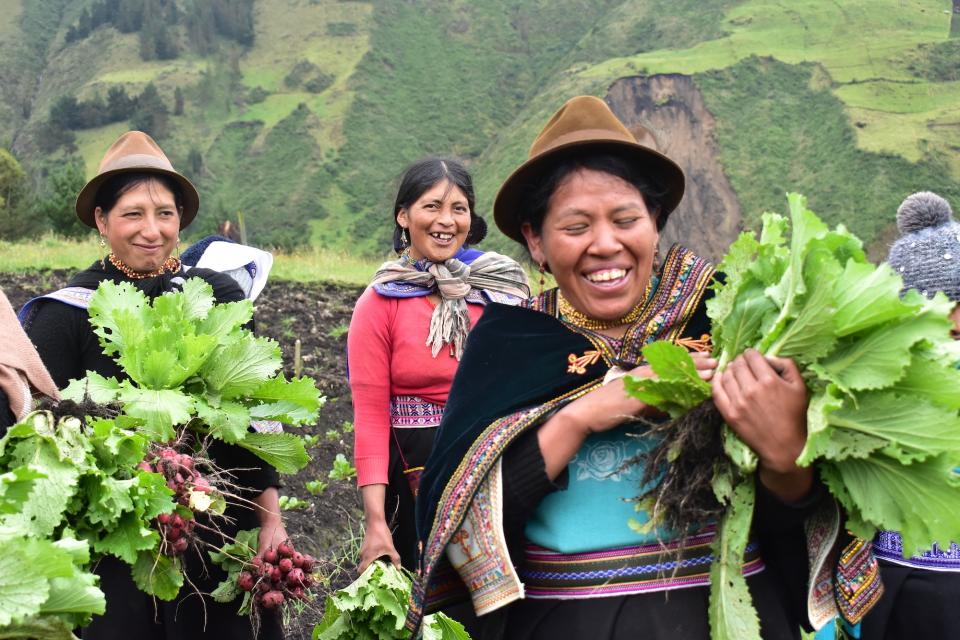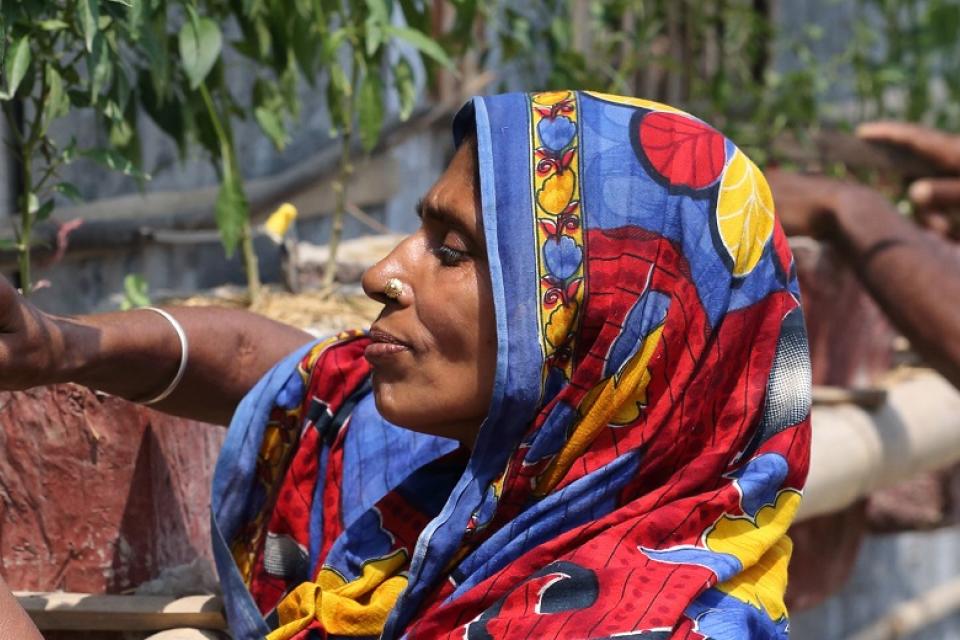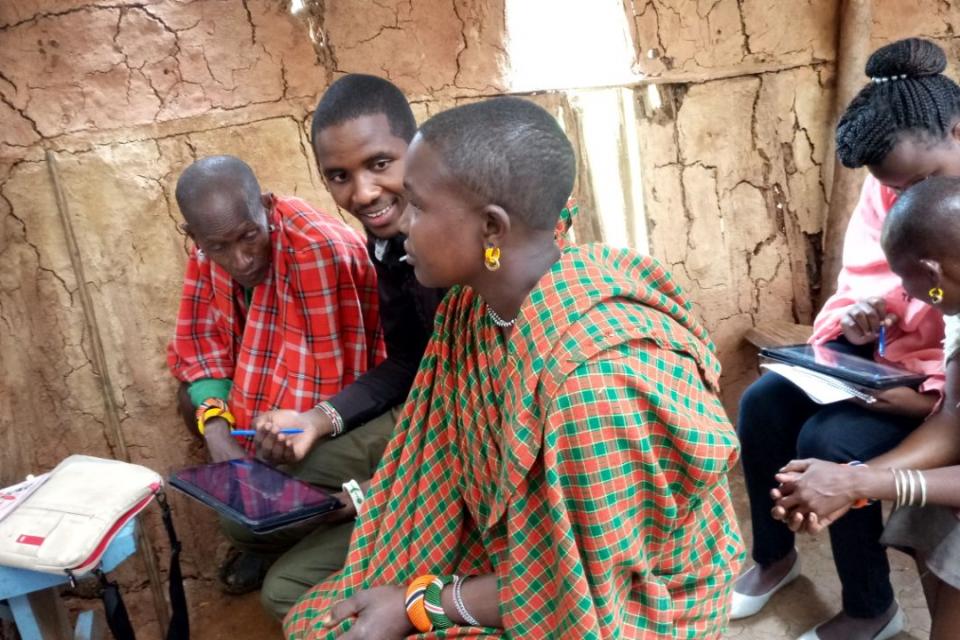The role of gender-disaggregated data in agriculture-food systems
 Photo: Laxman Prasad / Primary Survey Organization
Photo: Laxman Prasad / Primary Survey Organization
Data imbalance can lead to the exclusion of women farmers in policy design and contribute to inequity in economic progress.
Gender equality and social equity are integral to achieving sustainable development in agriculture-food systems, however, achieving said goals has been challenging because of the unique complexities associated with it. Gendered power dynamics are frequently visible in middle- and low-income countries which results in women having differential risks, exposures, vulnerabilities, and outcomes. These experiences often go unrecorded in data collection as structural barriers and norms often are not adequately addressed in the design and implementation of surveys and research methodologies. Hence, it is crucial to recognise the gender data gap and emphasize the strong need for data that is accurate and representative of all groups.
The gender data gap in agriculture
Data collection in research at a local level often does not take into consideration the indicators which are specific to women in agriculture. This data imbalance can lead to the exclusion of women farmers in policy design. This may subsequently cause a growing inequity in the economic progress of the said left-out population, further exacerbating the already existing gender-related inequalities.
Critical gender indicators missing in data collection
Many gender indicators, such as women’s unpaid labour, access to resources and decision-making roles in households and communities, are often missing in data collection. Additionally, women’s access to resources such as land, credit, agricultural training and extension services is frequently overlooked. Moreover, data often neglects the barriers women face, like discriminatory land inheritance laws or cultural norms that restrict their mobility.
Collecting gender-sensitive data
In contexts where societal norms and gender dynamics impact information gathering, male enumerators face challenges in gaining access to women respondents. In many communities, women experience cultural norms that restrict open communication with male surveyors. Women enumerators, however, are uniquely positioned to better collect gender-sensitive data due to their ability to build trust and foster cultural comfort with women respondents. This not only increases the likelihood of capturing accurate and comprehensive data but also ensures that the voices and experiences of women are properly represented, leading to more informed and equitable policy decisions.


